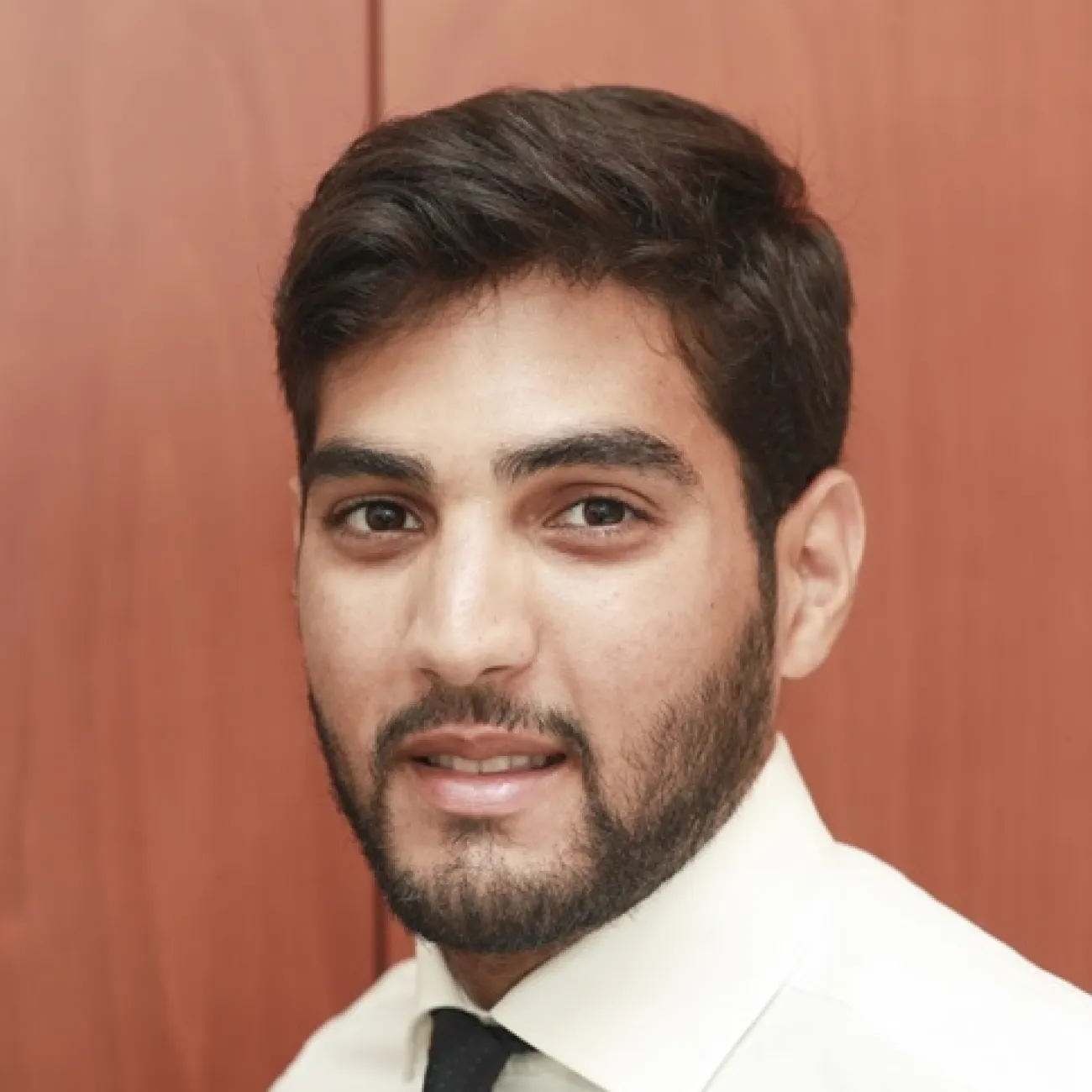About
I am a marine and maritime policy researcher, UN climate negotiator, and legal specialist in ocean governance and just transitions.
My work sits at the intersection of research, law, and policy, and is grounded in the belief that lasting societal change is driven by inner transformation. In recent years, I have become increasingly interested in how mindsets shaped by a complex web of personal, cultural, and systemic influences affect our collective ability to respond to the climate emergency. This has led me to explore the often-unseen patterns within individuals and institutions that quietly constrain our potential to create meaningful and lasting change. As part of this work, I was proud to contribute to the Shaping Tomorrow Playbook (https://www.southampton.ac.uk/publicpolicy/shaping-tomorrow.page), the primary output of a project funded by Public Policy|Southampton and led by the Climate Coaching Alliance, with Dr Ruby Campbell serving as chief editor.
Since COP26 (2021), I have represented both the University of Southampton and the Lebanese Government at UNFCCC climate negotiations. I currently serve as Lead Negotiator for the Just Transition Work Programme for Lebanon, contributing to global efforts to ensure that climate action is fair, inclusive, and grounded in justice.
At the University of Southampton, I conduct my research within the Southampton Marine and Maritime Institute, focusing on the legal and policy dimensions of ocean governance. My recent work has addressed the governance of deep-sea mining in Areas Beyond National Jurisdiction, the regulation of marine protected areas, the transition from a grey to a blue ocean economy, regulatory challenges for scaling up CO₂ shipping to support the UK’s carbon capture strategy, and just transitions to improve energy access in rural communities in developing countries.
For over four years, I supported researchers through Public Policy|Southampton in increasing the policy impact of their work by engaging strategically with local, national, and international policymakers. This experience helped shape me as a researcher and strengthened my capacity to act as a bridge between evidence and policy.
You can update this in Pure (opens in a new tab). Select ‘Edit profile’. Under the heading and then ‘Curriculum and research description’, select ‘Add profile information’. In the dropdown menu, select - ‘About’.
Write about yourself in the third person. Aim for 100 to 150 words covering the main points about who you are and what you currently do. Clear, simple language is best. You can include specialist or technical terms.
You’ll be able to add details about your research, publications, career and academic history to other sections of your staff profile.
